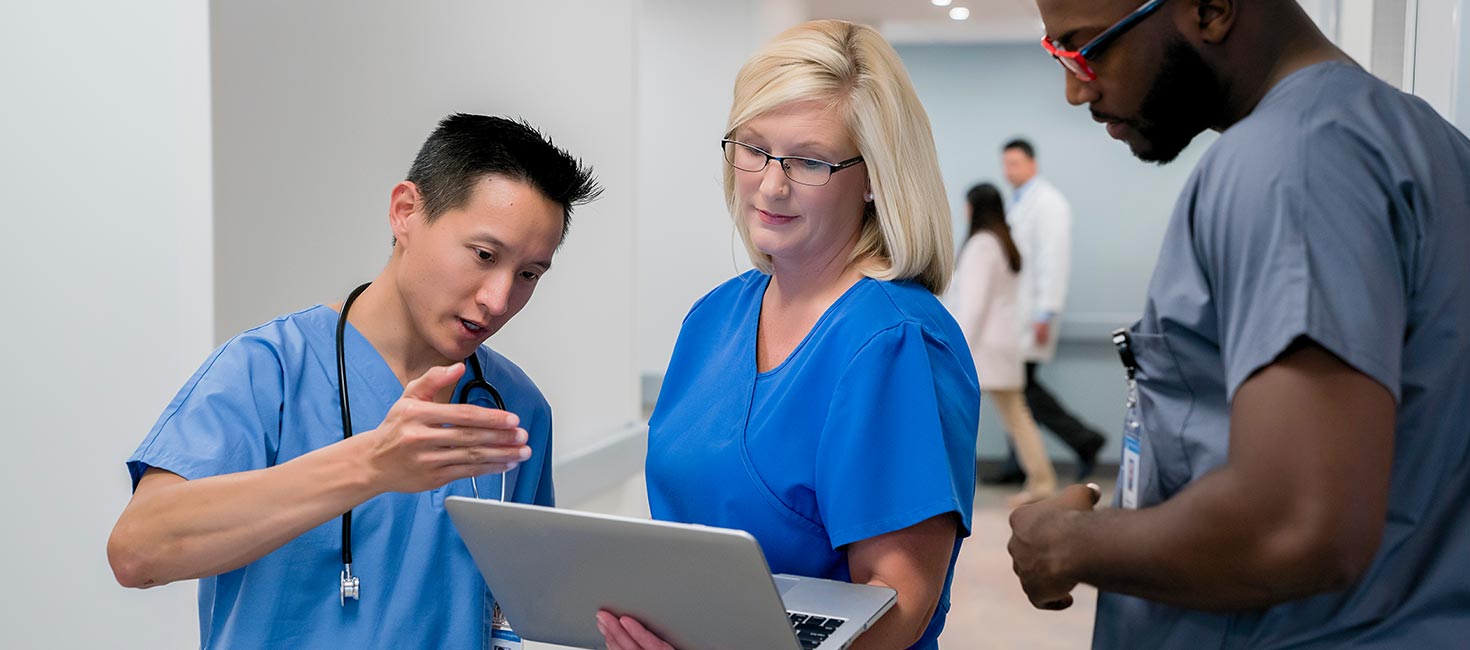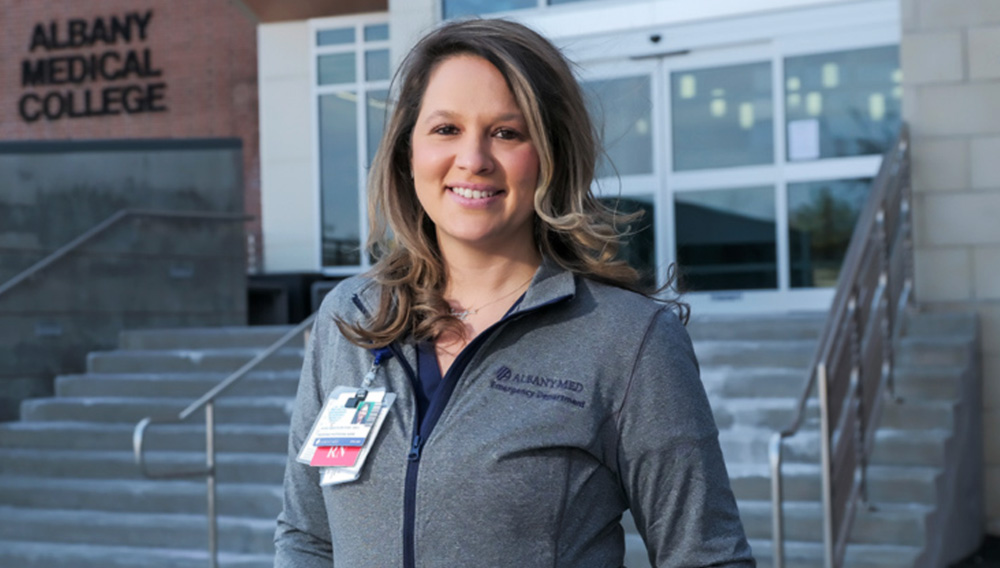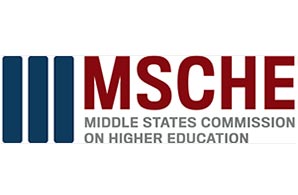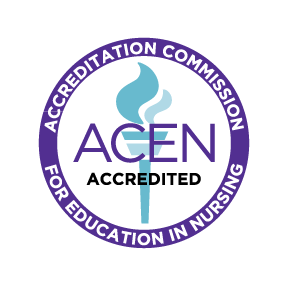
Master of Science in Nursing Education
Master of Science in Nursing Education

Talk with us.
Learn more about how our program works
and what you need to get started
Cultivate Your Passion for Care and Education When You Earn a Master’s in Nursing Education
If you’re a registered nurse who has a bachelor’s degree and a love of teaching, the Master of Science in Nursing Education program prepares you to shape the next generation of nurses and play a vital role in moving health care forward.
Dynamic curriculum and practice experiences prepare you for work in clinical settings; academic settings, such as vocational, associate, and bachelor’s degree nursing programs; and nonacademic settings, including staff-development, school nursing, public health, and nurse recruiting. You’ll be confident advancing your career with the knowledge and skills you need in learning theories, teaching strategies, curriculum development, evaluation of learning outcomes, and education technology.
Don’t have your bachelor’s in nursing yet? Learn more about our RN to MS in Nursing Education dual-degree program.
Dedicated Support
Here for you from start to finish
200,000+ Alumni
Join our global network
Start March 2
Courses start every 8 weeks
PROGRAM DETAILS
Online MS in Nursing Education
- Major Core38 Credits
Master of Science in Nursing Education
Explore Common Careers

Kaylin Dawson
Master of Science in Nursing Education, 2020
Bachelor of Science in Nursing, 2012
Institutional Accreditation
Excelsior University is an accredited institution and a member of the Middle States Commission on Higher Education (MSCHE or the Commission) www.msche.org. Excelsior University’s accreditation status is accreditation reaffirmed. The Commission’s most recent action on the institution’s accreditation status on June 23, 2022 was to reaffirm accreditation. MSCHE is recognized by the U.S. Secretary of Education to conduct accreditation and pre-accreditation (candidate status) activities for institutions of higher education including distance, correspondence education, and direct assessment programs offered at those institutions. The Commission’s geographic area of accrediting activities is throughout the United States.
Excelsior’s academic programs are registered by the New York State Education Department and/or have Florida-based licensing with the Commission for Independent Education, Florida Department of Education (License No. 12928).
ACEN Accreditation
The RN to Bachelor of Science in Nursing, Master of Science in Nursing Leadership and Administration of Health Care Systems, Master of Science in Nursing Education, Master of Science in Nursing Informatics, RN to Master of Science in Nursing Leadership and Administration of Health Care Systems, RN to Master of Science in Nursing Education, and RN to Master of Science in Nursing Informatics programs at Excelsior University located in Albany, NY, are accredited by the:
Accreditation Commission for Education in Nursing (ACEN)
3390 Peachtree Road NE, Suite 1400
Atlanta, GA 30326
404-975-5000
The most recent accreditation decision made by the ACEN Board of Commissioners for the RN to bachelor’s program, master’s nursing program, and RN to master’s nursing programs is continuing accreditation. View the public information disclosed by the ACEN regarding these programs at https://www.acenursing.org/search-programs.
FAQ
A general master’s degree program in nursing prepares nurses for a broader range of advanced practice roles like clinical leadership, management, or specializing in a specific clinical area, whereas an MS in Nursing Education program specifically focuses on training nurses to become educators, equipping them with the skills to teach other nurses in various settings like academic institutions or clinical environments.
Yes, to apply to this program, you must hold an active and unencumbered U.S. Registered Nurse (RN) license or the equivalent and have completed a bachelor’s degree program in nursing from a regionally accredited college or university, or the foreign equivalent, at an institution that was approved by ACEN, CCNE, or CNEA at the time of your attendance.
No, Excelsior University’s MS in Nursing Education program does not require clinical hours.
An MS in Nursing Education program can help you develop the critical thinking, problem-solving, leadership, and management skills you need to help your career transition into more senior roles.
Here are some common careers for those with an MS in Nursing Education:
- Nurse educator
- Nurse administrator
- Clinical nurse leader
- Health care policy advocate

